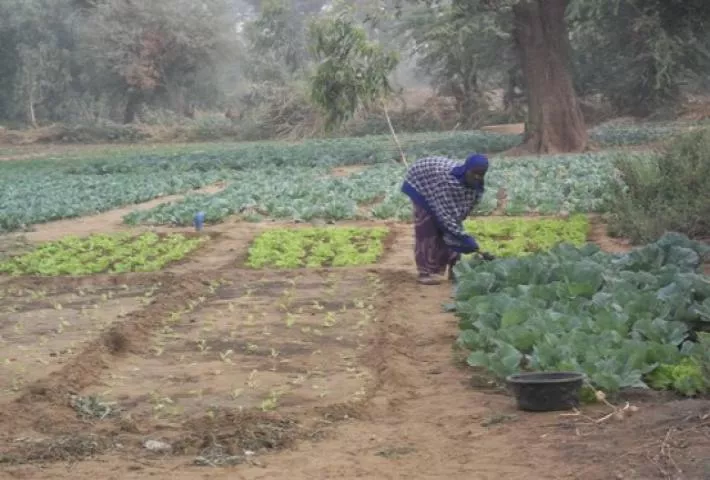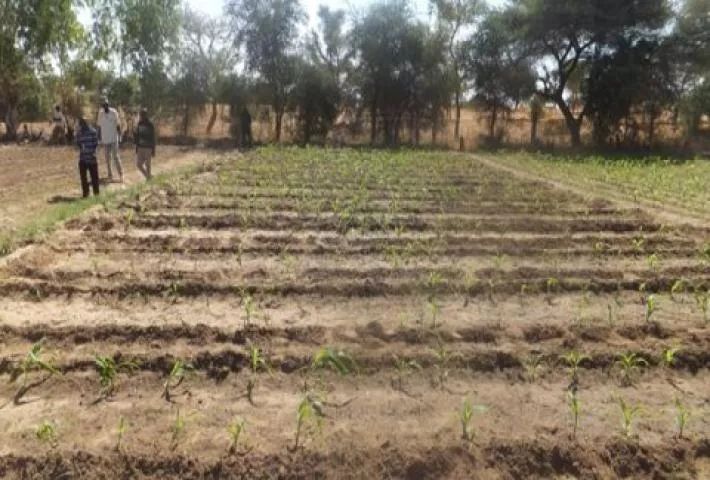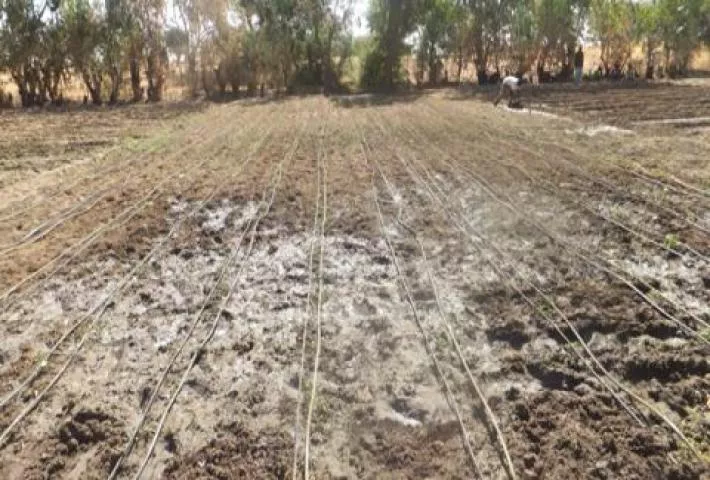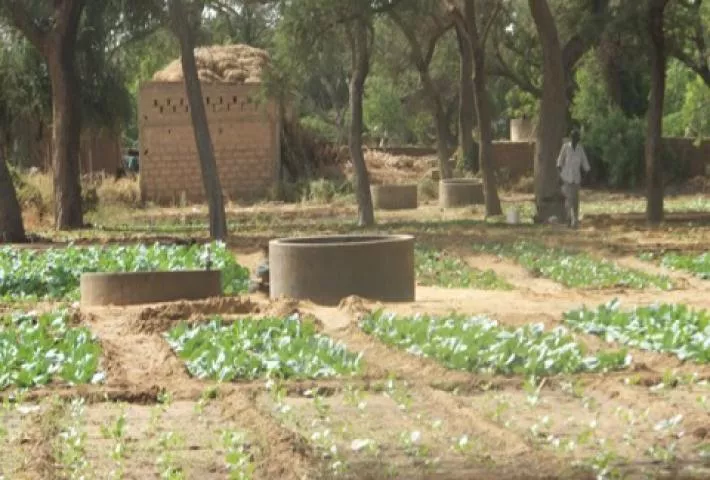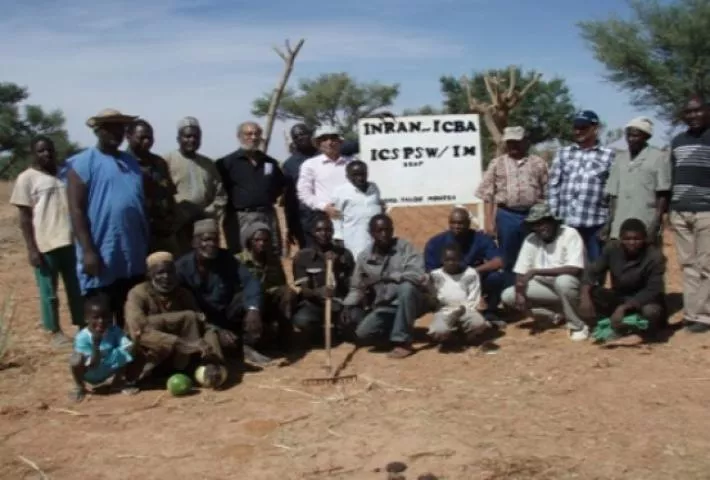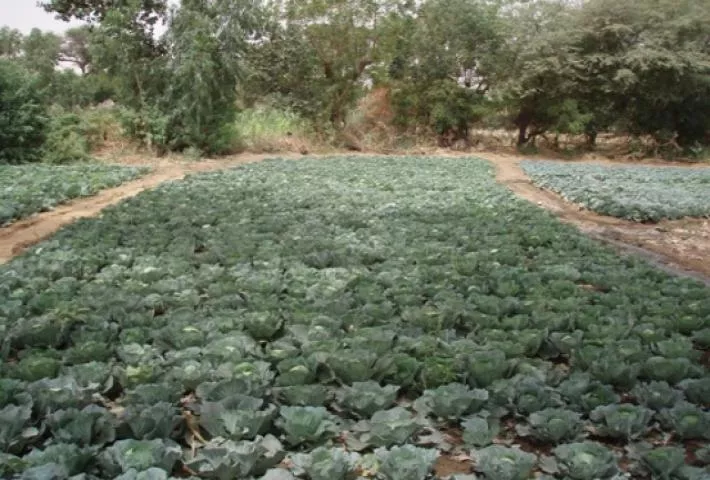Improving Crop and Seed Production Systems under Sustainable Water/Irrigation Management in Sub-Saharan Africa
Problem Overview
Sub-Saharan Africa (SSA) is a region plagued by poverty, malnutrition and poor living conditions. With climate change expected to bring more frequent and longer droughts to the region, its agricultural productivity will further decrease putting strain on local food markets, further heightening the food insecurity situation especially in the poverty-stricken and marginal areas. Much of the irrigated areas in SSA depend on groundwater or run-off-river pumping systems. However, climate change has put these traditional sources of water at risk.Choosing irrigation technologies that increase crop productivity and choosing crops that are drought- and salt-tolerant are ways in which such risks can be minimized which can lead to improvements in agricultural productivity and farm income. ICBA is currently implementing a project to do this in seven SSA countries. These include Burkina Faso, Gambia, Mali, Mauritania, Niger, Nigeria and Senegal. Such improvements in farming systems will help in achieving food security in the region.
Project Description
Improve the performance of different production systems related to water availability and quality, soil and crop sustainability, water nutrient management practices and socioeconomics in Sub-Saharan Africa. This will be achieved through developing a water resources database, identifying appropriate technologies for local conditions, recommending packages of diversified crops, and strengthening local capacity.
Research Innovation Theme
Crop Productivity and Diversification
Project SDGs
SDG 2: Zero hunger
Downloadable files
Duration
January 2011 - January 2015
Project Lead
Project Region
Sub-Saharan Africa
Project Countries
Burkina Faso
Gambia
Mali
Mauritania
Niger
Nigeria
Senegal
Partner(s)
- Forum for Agricultural Research in Africa (FARA )
- Institut de l’Environnement et de Recherches Agricoles (INERA), Burkina Faso
- National Agricultural Research Institute (NARI), Gambia
- Institut d’Economie Rurale (IER), Mali
- Centre National de Recherche Agronomique et de Development (CNRADA), Mauritania
- Institut National de la Recherche Agronomique du Niger (INRAN), Niger
- National Agricultural Extension, Research and Liaison Services (NAERLS), Nigeria
- Institut Senegalais de Recherches Agricoles (ISRA), Senegal
- Islamic Development Bank (IDB)











